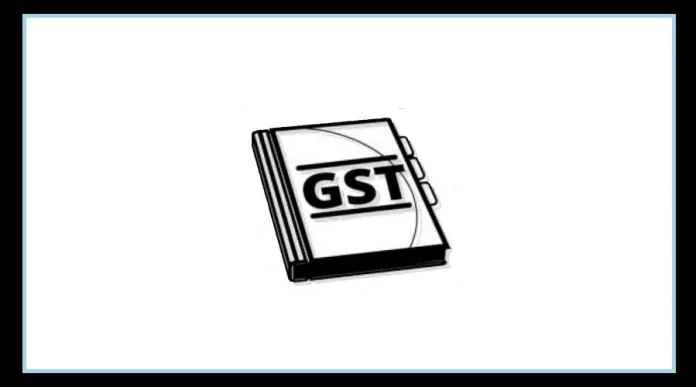The Government is planning big changes in the GST rules over the next two to three years.
E-bills will soon be required for all businesses in ‘Business to Customer’ (B2C) transactions.
Right now, only businesses with a turnover of Rs 5 crore or more must use e-bills, but the government is getting ready to make it necessary for all businesses by changing the rules.
There are important changes coming to the GST system. The government is working hard to improve it.
According to Shashank Priya, a member of CBIC (Central Board of Indirect Taxes and Customs) responsible for GST, they are making continuous efforts to include business-to-consumer transactions in e-bills. The system is under development, and it will be ready soon.
They are figuring out which area to implement this rule first. They are also identifying businesses with a turnover of Rs 5 to 10 crore that should be using e-bills but aren’t.
The department is getting ready to take action against those who don’t follow the rules.
The government has been gradually expanding the use of GST e-bills. Starting from October 1, 2020, e-bills became mandatory for businesses with a turnover of more than Rs 500 crore.
On January 1, 2021, businesses with a turnover of more than Rs 100 crore also had to use e-bills.
From April 1, 2021, e-bills became mandatory for businesses with a turnover of Rs 50 crore, and from April 1, 2022, for businesses with a turnover of Rs 20 crore.
Starting from October 1, 2022, businesses with a turnover of Rs 10 crore must use e-bills, and from August 1, 2023, businesses with a turnover of Rs 5 crore must comply.
If businesses with a turnover of Rs 5 crore or more fail to do this, the GST department will take action against them.
